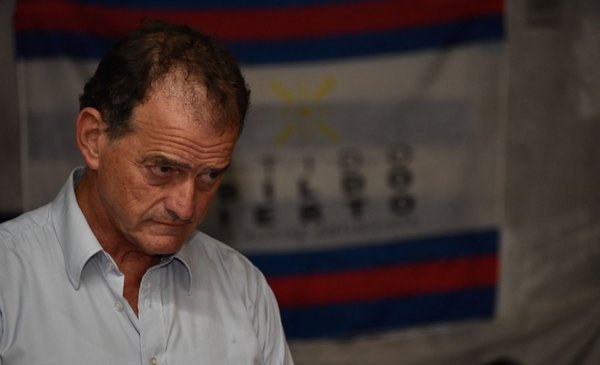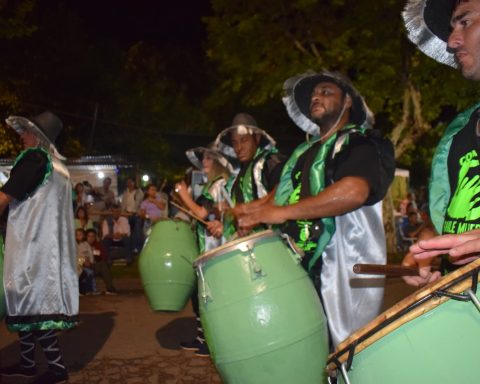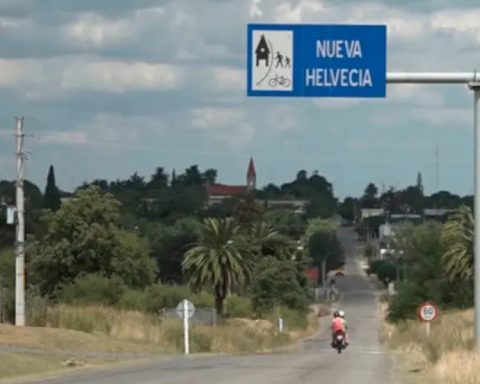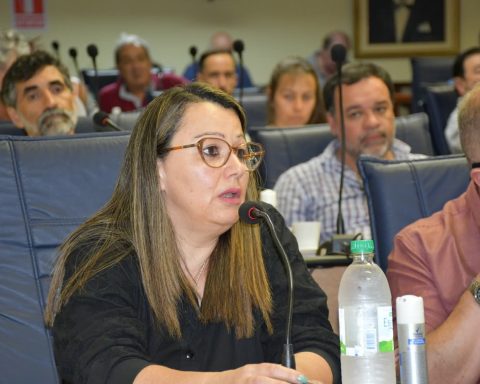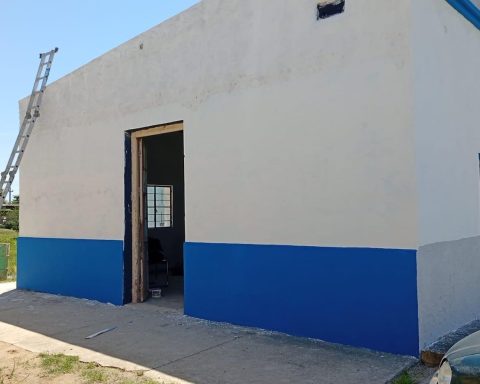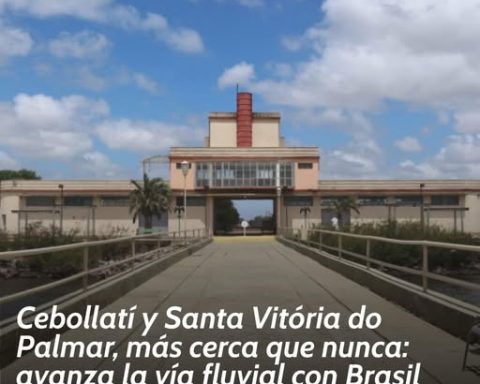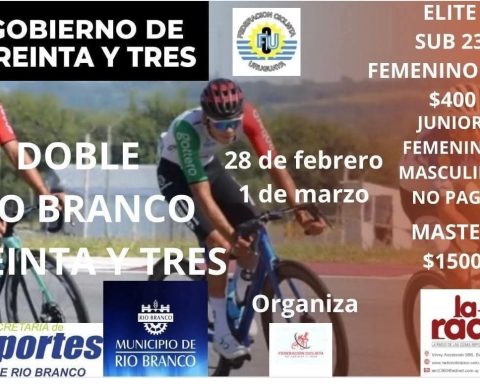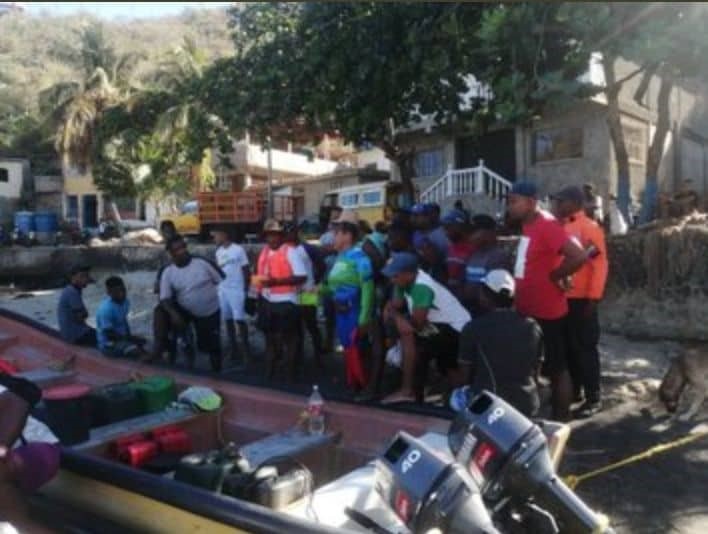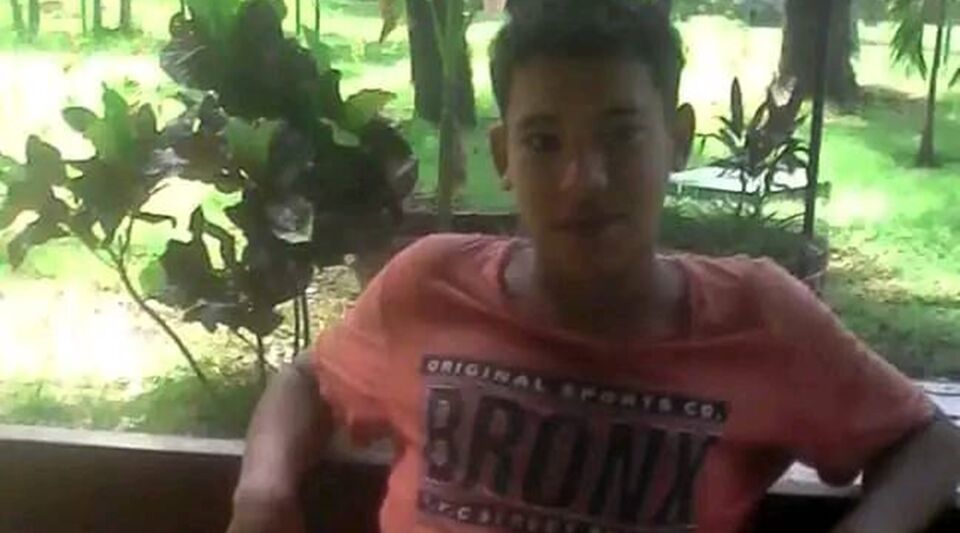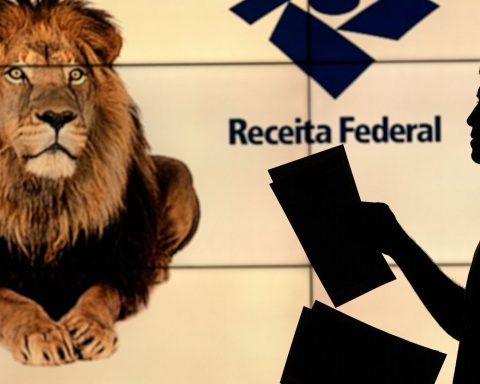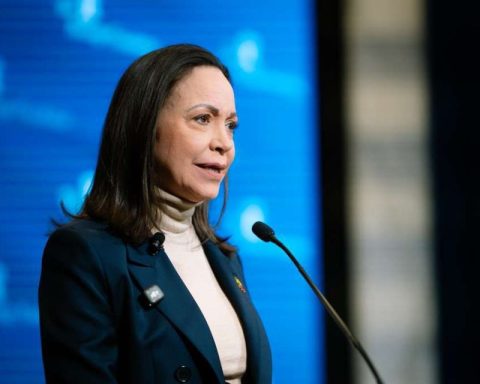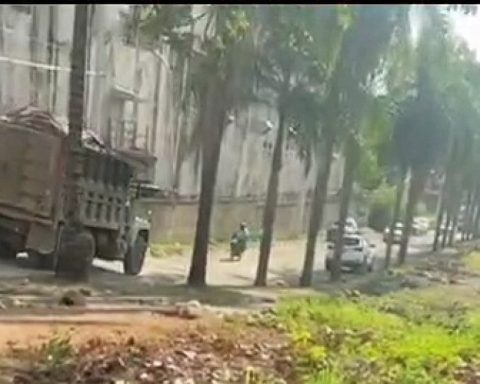The current senator and leader of the Cabildo Abierto party, Guido Manini Rios, lived through the years of dictatorship civic-military as a soldier. The former commander-in-chief of the Army attended military high school between 1973 and 1976, and in 1979 he graduated from the Military School as a junior, having his first posting in San José.
At that time he was a young junior in his twenties, and he recalled those years that way during his interview for the podcast The wound, that reviews the traces of the dictatorship in different areas of Uruguayan society, 50 years after the coup.
“At the level of colleagues, they commented” on what was happening, Manini recalled. “Look what so-and-so said, look at the club that the sultano sent himself, look, this guy made a mistake in this, there were those kinds of comments at the peer level. Not so with the superiors, they did not give us subordinates input to comment on things I know that decisions were made in the upper echelons of command,” the senator explained.
Manini Ríos also recounted how the November 1980 constitutional reform plebiscite of November 1980 was experienced in the Army, in which the “no” to the reform proposed by the dictatorship, and which would allow it to perpetuate itself in power, prevailed against all forecast.
“I was 22 years old,” he recounted. “AND It was about the Army not participating in the political issue, to the point that we soldiers were forbidden to vote, we didn’t vote. I didn’t vote in that plebiscite, I couldn’t, they excluded us all from the register.”
“Honestly, it didn’t bother me at all not to vote, I never expressed any interest,” added the senator, who considered that had he voted, he would have opted for the “yes” option.
“Surely if he had voted, he would have voted yes, the option he lost, because of an issue that was a proposal made by the military institution,” he explained. “There was a lot of publicity about the peace that could have been generated if he won. But honestly, we didn’t care about not voting and I think there was no one upset that they wouldn’t let him vote.”
In his talk for the podcast, Manini said that among the comments that were made inside the barracks “there were very critical conversations between peers” towards the military who governed the country, although he qualified that “we did not have any greater responsibility or greater knowledge of why things were done, so it wasn’t to make institutional proposals either”.
Among those talks, one of the points that was discussed the most was that the dictatorship should have ended at least three years before what finally happened, in 1985. “I remember having commented with officials and that It was pretty unanimous. that instead of doing a period of three and a half years of what was the government of Gregorio Álvarez, It could perfectly well have called elections immediately and instead of handing over power in 1985, have handed over power in 1981 or 1982. Those comments were.”
The Wound can be heard on Spotify, Apple Podcast, Google Podcast, and TuneInas well as through Youtube.
